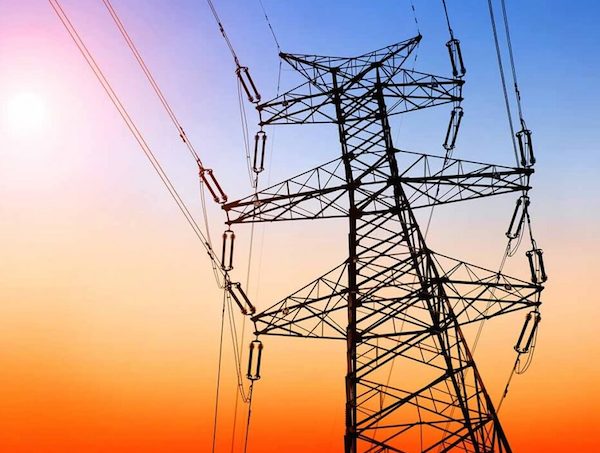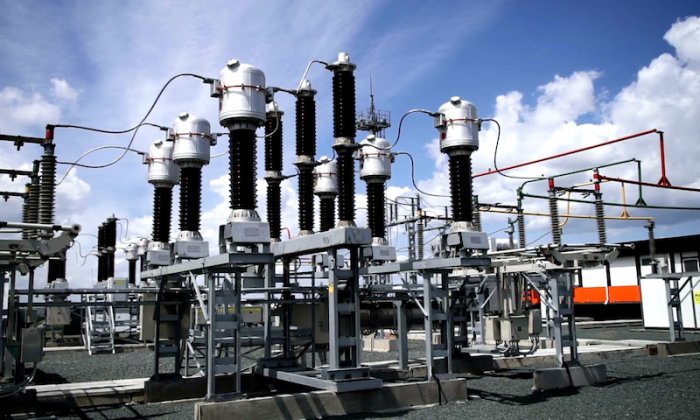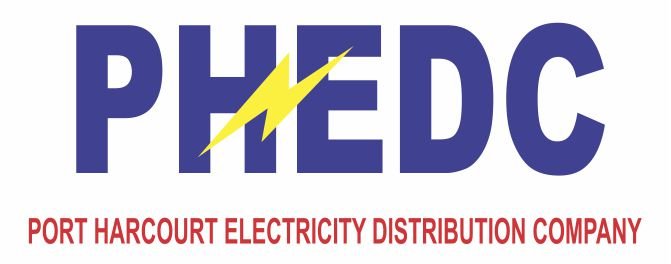The current on-going effort by the Federal Government of Nigeria to inject about N75 billion of taxpayers money towards improving the infrastructural and technical gaps and closing all areas of service inefficiencies in the distribution sub-sector has been applauded by critical stakeholders in the Nigerian power sector value chain as timely and a welcome development particularly when the said fund is coming less than a year to the 2019 General Elections.
However, investigations and interactions with the operators of the 11 distribution companies are showing that the largesse is being received with mixed feelings and rather cautious optimism. The fact is that the present attempt by the Federal Government is not much different from the methodology and style adopted in the past.
There had been a gas payment guaranteed scheme: The bill involved the approval of about N701 billion which was set aside by the Federal Government for the purposes of ensuring that the issue of lack of funding and almost distressed balance sheets of the Nigerian Power Generation Companies were addressed.
The last time most of the power generating companies (GENCOS) operating in the Nigerian post-privatization sector were paid for power generated to the national grid was in October 2017. Besides, the GENCOS that were party to the process of privatization of the Nigerian power sector in October 2013 were not granted a Partial Risk Guarantee (PRG) and Put-Call-Option-Agreements (PCOA), as was done with Azura Power and others who joined the race at a later stage. For emphasis the PRG and PCOA were designed as collateralization and securitization or better still, a safety valve for investments in the post privatized Nigerian power sector
Another controversy surrounding the N701 Billion Naira power sector gas payments assurance facility which was more of a security net is that it was put together by the Federal Government of Nigeria without any inputs by the operators and power generation companies that it was meant to serve.
The facility lacked the much-desired governance structure and operational framework and it was devoid of any given business model. The Security of the bailout for generation companies was tied to Power Purchase Agreements (PPAs) which was done without consultations with the GENCOS. They just heard about it from television, print media and radio broadcasts.
The same problem is also bedeviling the bailout of about N213 Billion Naira for payments of legacy debts, the settlement of sector shortfalls like tariffs shortfall with an emphasis on the distribution sub-sector, MDAs debts, and others. This bailout also lacks the governance structure, the NO CONSULTATION and NO SECURITY guidelines of the GENCOS bailout.
All these may amount to throwing good money into the Ocean or pouring water into a leaking basket. The Federal Government in the past and present has continued to invest in the power sector with good intentions and in furtherance of the capitalization of its 40 % equity stakeholding in the privatized power sector.
Critical stakeholders in the power sector value chain have likened the present attempt to Inject about N75 Billion Naira in a pre-election Year as a laughable model of a ‘Constituency Project ‘, where projects are conceived, designed and implemented without adequate consultations with the host communities, end users, and intended beneficiaries.
It is therefore considered an infraction and a misnomer for the bureaucrats and policymakers of the government to design a bailout of N75 Billion Naira for Investment in the distribution companies and for the distribution infrastructure in Nigeria without first conducting a PROJECTS IMPACT ASSESSMENT & DISTRIBUTION COMPANIES NEEDS ASSESSMENT.
In summary, the Government is seemingly being misled by policymakers and policy formulators. Another interesting scenario concerns the repayment of these loans and Investments, which will be transferred to the balance sheets of the affected Discos in terms of cost recovery… So there may arise a situation whereby the government may conceive, design and implement a laudable project, only for it to be rejected by the affected discos due to projects non-viability.
Particularly worrisome is the fact that, the N75 Billion Naira electricity distribution companies project intervention funds are being domiciled under the Transmission Company of Nigeria (TCN) and headed by an Officer there. Since the N75 Billion Naira in question is not a transmission company project funds, one begins to wonder, why such a huge amount of money meant for the development of the electricity distribution sub-sector is being managed by the staff of the TCN.
In order not to repeat the mistakes of past administrations, the managers of the N75 Billion Naira electricity distribution companies technical projects/facilities improvement funds are challenged to address the issues of a lack of governance structure, lack of clear-cut frameworks , lack of global best practices, lack of security for the funds for future cost recovery/ repayment plans and lack of sector-wide consultation with the intended beneficiaries ; the Electricity Distribution Companies and End users.
For the sake of clarity, the government agencies that are the custodians and managers of the 40% equity stakeholding in the privatized power entities are the Bureau of Public Enterprises (BPE) and the Federal Ministry of Finance.
The special purpose vehicle for the management of the 40% Equity stakeholding of the Federal Government of Nigeria in the post-privatization of the power sector is Federal Ministry of Finance Incorporated (FMFI).
Source: Energy News





